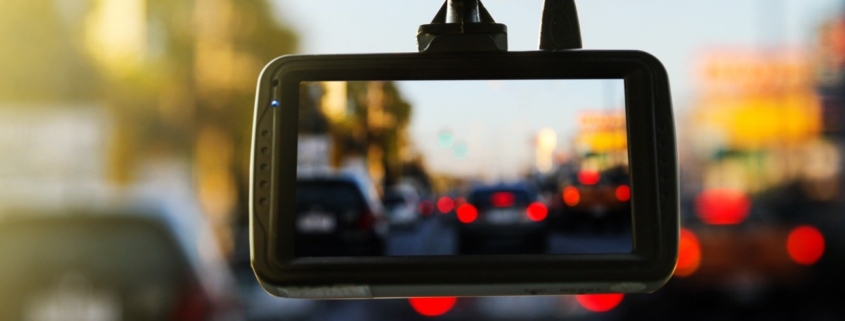How Dashcam Footage Can Impact a Car Accident Case
Evidence is everything in a personal injury claim, and the more evidence you have to back up your claims, the stronger your case may be. Having a dashcam at the front or back of your car could make it much easier to prove the other party’s negligence and unsafe driving—on the flip side, it could also prove that your driving wasn’t exactly ideal.
Wondering how you should handle your car accident claim? Let the team at Haygood, Cleveland, Pierce, Thompson & Short walk you through your options. Call us at 334-821-3892 to get started.
Adding Context to the Drivers’ Stories
When the police respond to the scene of an accident, they get to hear each driver’s story. This can help them start to piece together what happened before and during the accident, but it isn’t a foolproof way of gathering information. A dashcam often provides much-needed context, showing the road conditions, any relevant signage, and what the general flow of traffic was like.
Highlighting Behavior Prior to the Accident
Accidents don’t happen in a vacuum. When an accident occurs due to someone else’s negligence, it’s unlikely that they started driving negligently and immediately caused a crash. Rather, it’s likely that they have a habit of driving unsafely and the odds just caught up with them this time.
This is important when trying to prove a pattern of negligence and recklessness. A dashcam in the liable party’s car could show that they were talking on the phone while driving, changing the radio station, or driving erratically. A dashcam in the victim’s car could catch the other driver speeding up and driving recklessly, swerving, changing lanes, or otherwise driving recklessly in the moments prior to the crash.
Proving Any Falsehoods or Lies
People will go to great lengths to protect themselves from their own bad choices, even when it means lying or breaking the law. If you’ve been in an accident, you’ve likely had this experience. The other driver is clearly negligent, but when the police arrive, they have an entirely different story to tell.
In the moments between the accident itself and the arrival of the police, they’ve found time to create an entirely different scenario that paints you as the negligent party. Unfortunately, without other evidence, it may be hard to prove them wrong. It comes down to a he said/she said situation.
A dashcam can be that other piece of evidence that proves that the other party lied to the officer. It shows what actually happened in the crash and how both parties were driving in the moments prior to the accident.
Not only can this help you get the correct version of events in the police officer’s report, but it can also help you as you seek compensation. If the report already shows that the other driver tried to lie to avoid consequences, your attorney has even less of a reason to believe them when negotiations start.
Using a Dashcam to Help Your Case
Whether you have a dashcam or the other driver does, the information it contains could help your personal injury case. However, you do have to move quickly to preserve the data. If you notice the other driver has a dashcam, tell the police when they arrive. They can tell the other driver to save the data until it can be backed up. This may prevent them from deleting it when they realize it hurts their case.
From there, hire an attorney and tell them everything you know. They can demand the footage or subpoena it if necessary. If you have a dashcam, make multiple backups and provide a copy to your attorney. They can decide how and when to use it to secure a full and fair settlement for you.
Start Your Personal Injury Claim with Haygood, Cleveland, Pierce, Thompson & Short
The quicker you move after a car accident, the easier it is to preserve evidence, build a case against the other party, and fight for the compensation you are owed. Our team is ready to fight on your behalf and hold the negligent party accountable. Let’s set up a time to talk and create a plan. Contact us online or give us a call at 334-821-3892.





Leave a Reply
Want to join the discussion?Feel free to contribute!